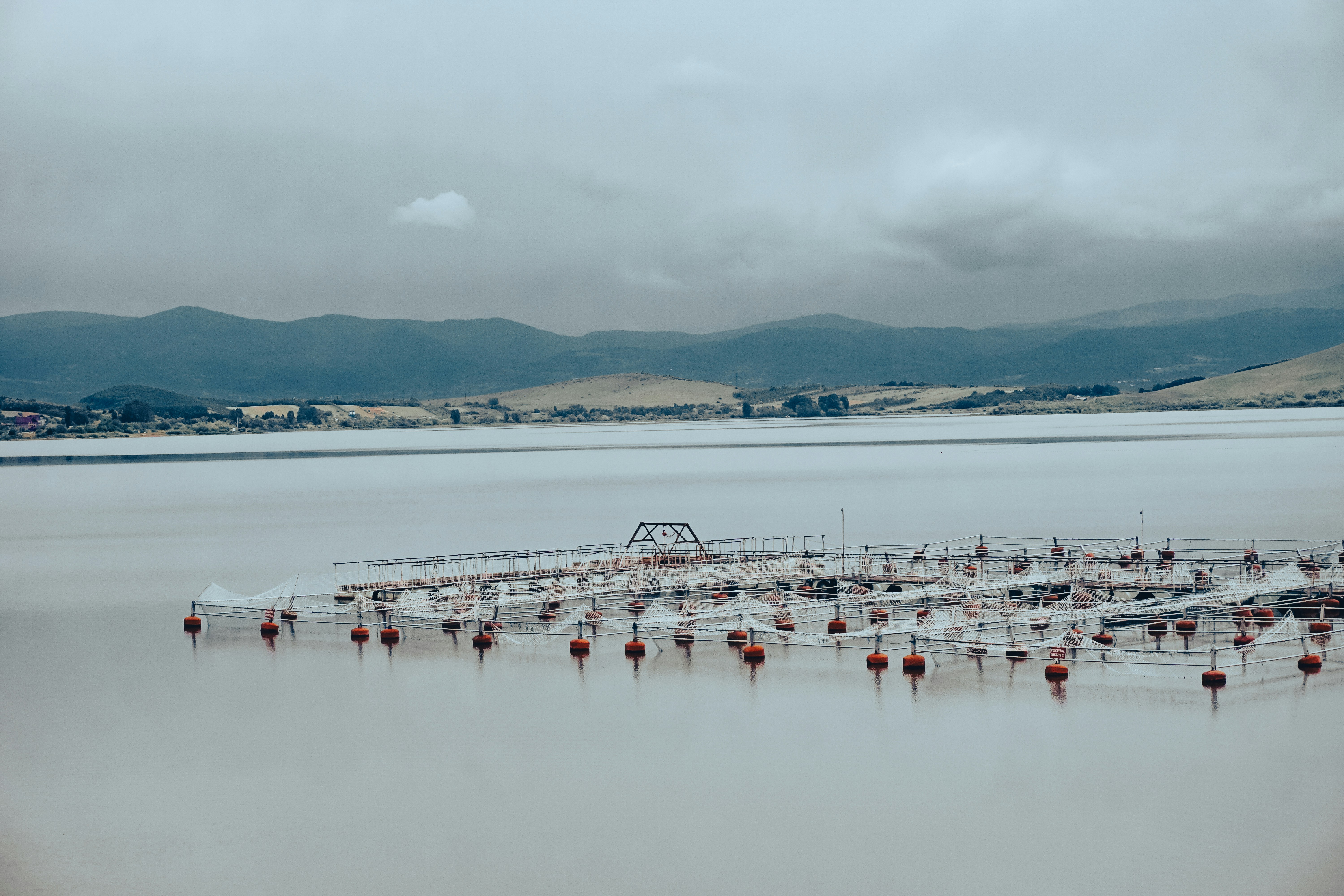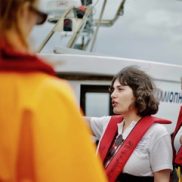Certifications for Aquaculture products
In a world where consumers increasingly prioritize sustainability and responsible sourcing, the aquaculture industry has witnessed a surge in the demand for certified products. Eco-conscious consumers who purchase aquatic products are typically interested in eating healthy organic food produced ethically in healthy ecosystems, provided by producers who earn a decent livelihood. Thus, there is an increasing demand for sustainable aquaculture products (Lembo & Mente, 2019).
Below, you will find some of the most common labels and the latest standards found on aquaculture product packaging.
- Aquaculture Stewardship Council (ASC) Certification: The ASC is an NGO for aquaculture certification established in 2010. ASC runs programs that aim to transform global seafood farming and to promote the best environmental and social aquaculture performance towards environmental sustainability and social responsibility. For that reason, it has developed a set of strict standards to ensure the supply chain. Its farm certification covers salmon, seabream, seabass, meager, Seriola, cobia, tilapia, pagasius, flatfish, trout, and tropical finfish. Recirculating aquaculture modules can be certified as well. Standards also exist for bivalves, shrimps, and abalones. ASC has collaborated with the Marine Stewardship Council (MSC) to develop a joint seaweed standard. However, ASC labels should not be confused with the MSC regarding non-seaweed products since the MSC applies only to wild-caught seafood and fishing practices and does not cover aquaculture (Vince & Haward, 2019). Finally, apart from farms, ASC provides a standard for aquafeeds and a chain of custody standard. More information about ASC can be found here: https://asc-aqua.org/
- Best Aquaculture Practices (BAP) Certification: Global Seafood Alliance (GSA) is an international NGO dedicated to advancing responsible seafood practices through education, advocacy, and demonstration by involving professionals from the industry, academia, and other NGOs. GSA has created a “Best Aquaculture Practices (BAP)” standard. BAP is an internationally recognized program that certifies that farmed seafood is produced safely, responsibly, and ethically. By purchasing BAP-labeled products, consumers choose seafood that has been produced to meet strict criteria concerning the environment, the reared species, and the working staff. More specifically, its pillars include parameters like water quality, waste disposal, the behavioral and health monitoring of the reared animals, sanitation protocols, the fair treatment of workers, the working conditions, etc. These pillars cover each step of the production chain, from the hatchery and the farm to the processing and feed production sites. More information about the BAP and responsible farming practices can be found here: https://bap.globalseafood.org/bap-label.
- Friends of the Sea Certification: The Friends of the Sea Certification for sustainable seafood, fisheries, and aquaculture products is a project of the World Sustainability Organization, an international NGO that aims to promote environmental conservation. Regarding aquaculture, this standard mission is to promote a sustainable aquaculture industry that develops in harmony with the marine ecosystem. Friend of the Sea has designed sustainable certification standards for aquaculture with pillars that involve actions to minimize the negative impact of the sector’s operations. Criteria of this certification require the absence of negative impacts on critical habitats, meeting water quality standards, minimizing escape incidents from aquaculture sites, reducing the industry’s carbon footprint, avoiding harmful substance usage, and compliance with social accountability. The Friend of the Sea certification provides guidelines for various aquaculture practices such as inland aquaculture, prawn aquaculture, marine aquaculture, seaweed aquaculture, etc. Information about the Friends of the Sea certification and its environmental aspects can be found here: https://friendofthesea.or
- The Natureland Certification: Natureland Association, a German-founded organization aiming to promote environmental conservation through organic farming, created in 1996 a Standard for Organic Aquaculture. With its vision being “prevention is better than cure,” the standard was created for natural rearing that promotes animal welfare. Today, Natureland certifies more than a dozen species, including trout, Atlantic salmon, mussels, warm water prawns, sea bass, sea bream, pangasius, macroalgae (seaweed), and, more recently, microalgae. More details can be found at https://www.naturland.de/en/.
- GlobalG.A.P. Certification: GlobalG.A.P. is a private business-to-business certification focusing on food safety, animal welfare, environmental protection, and social risk assessment standards (Bostock et al., 2010). This certification has schemes dedicated to aquaculture for various species like shrimp, salmon, pangasius, and tilapia. The schemes consider all stages of the production chain, from hatchery and aquafeed production to slaughter and transport. GlobalG.A.P. considers animal welfare and traceability pivotal to ensuring consumers’ safety. Related information can be found at https://www.globalgap.org/.
In aquaculture, traceability is crucial for ensuring transparency and accountability throughout production. Certifications play a vital role in verifying sustainable food production methods, which is becoming increasingly important to consumers and regulatory bodies. Despite the higher cost, consumers are growing in preference for certified products, reflecting a shift towards more environmentally and socially responsible choices in the aquaculture industry.
Literature
Bostock, J., McAndrew, B., Richards, R., Jauncey, K., Telfer, T., Lorenzen, K., Little, D., Ross, L., Handisyde, N., Gatward, I., & Corner, R. (2010). Aquaculture: Global status and trends. In Philosophical Transactions of the Royal Society B: Biological Sciences (Vol. 365, Issue 1554, pp. 2897–2912). Royal Society. https://doi.org/10.1098/rstb.2010.0170
Lembo, G., & Mente, E. (2019). Organic Aquaculture. Impacts and Future Developments. In G. Lembo & E. Mente (Eds.), Organic Aquaculture. Springer International Publishing. https://doi.org/10.1007/978-3-030-05603-2
Vince, J., & Haward, M. (2019). Hybrid governance in aquaculture: Certification schemes and third party accreditation. In Aquaculture (Vol. 507, pp. 322–328). Elsevier B.V. https://doi.org/10.1016/j.aquaculture.2019.04.041










































































